In Korea, the zombie film is no novelty. From the highly regarded “Train To Busan” to 2018's period contagion flick “Rampant,” filmmakers across the country have flirted with the idea of placing the undead in their projects, often yielding mixed results. Some of the better productions boast nuanced class commentary and flurries of social satire, whilst some of the less impactful fall foul of something resembling a formulaic novelty. “#ALIVE,” Cho Il-hyung's adaptation of Matt Naylor's “Alone,” lies somewhere in the middle. Although a sure-fire box-office hit (the movie signalled hope for domestic cinema in the COVID age after attaining the highest weekend ticket sales since January's “The Man Standing Next” upon its release), it occasionally falters in depth and memorability. However, Cho's directorial debut does offer likeable leads and a swiftly executed plot, so if you are searching for something which excels in surface-level enjoyability, “#ALIVE” may just be for you.
Intrinsically, the movie revolves around Oh Joon-woo (Yoo Ah-in) and Kim Yoo-bin (Park Shin-hye), two survivors of an ongoing virus who live in opposite apartments. The former, Joon-woo, dons dyed blonde hair and casual fitting clothes, addicted to the gaming and social media cultures rampant in modern consumerist society. His slightly chubby look belies a languid comfort, but the young man appears smartly cautious when receiving news reports of the viral outbreak, barring entry to his household and organising his meals for survival. Additionally, Joon-woo documents his ongoing enduringness on social media, hoping that he can be discovered by anyone else who shares his unenviable fate.
As it soon transpires, there is another survivor: the aforementioned Kim Yoo-bin. Discovered by chance after a laser pointer entered the tightly enclosed confines of Joon-woo's home, the two form an instant connection over shared goods, situational empathy and, well, because you cannot afford to be picky in such a circumstance. Complete opposites of each other, with Yoo-bin's meticulous planning and organisational prowess a large departure from the male protagonist's habitual rashness, the rather unlikely pairing soon draw-up a scheme to be safe from the zombies below them, aiming for the eighth floor of the apartment complex. Yet, as is to be expected during an epidemic of blood-lusting undead roaming the cities of Korea, proceedings are far from smooth, and the duo are left clambering for their eventual rescue in more ways than just surviving the wrath of their unwelcoming neighbourhood.
Crucially though, it is not the freneticism of the action scenes, nor the story itself which sees “#ALIVE” reach its apex, but more so the psychological element woven in throughout. Witnessing the drawn-out breakdown of Joon-woo into a seemingly inescapable depression, and subsequent suicide attempt, is far more gripping than the fast-paced, desperate evasions of infection. Furthermore, it allows for Cho to show a more grounded side to the plot, allowing it to ever-so-slightly escape tropes a feature of this ilk can often rely on.
Continuing, it is just as refreshing to see the protagonists characterised largely as smart, adaptable individuals. For example, against his impulsive personality, Joon-woo takes the imitative to listen to emergency broadcasts, flies a drone to check for danger, and uses the internet where available to aid his chances of living until a rescue. Likewise, Yoo-bin is also forward thinking. She has traps set up to avoid potentially being caught in a break-in, and carefully organises times for herself and her fellow survivor to convene, stepping up security. In a genre that can often choose relentless action, countless mistakes and a snappy pace as the backbone for their movies, it is intriguing to see a slower, more carefully placed story, placed alongside scarce action made amply effective due to having genuine stakes accompanying them.
Acting wise, “#ALIVE” is healthily serviceable, offering little in the form of nuance, although at the same time nothing that jumps out as noticeably poor. Yoo Ah-in particularly shines, providing emotive facial expressions and progressively more slumped, dejected body movements and gestures to flesh-out his character in spite of a lack of dialogue. Moreover, the noticeable changes in his character's behaviour once afforded a chance of survival is astute, and brings a genuine humanness to the depiction. In a similar vein, Park Shin-hye shows versatility in her quiet acting, moving anxiously and noticeably cautious towards the world around her. Unfortunately, her character is not afforded the same amount of development as Yoo's, but Park still manages to pull off a performance rooted in dignified tameness.
However, the movie does falter technically. For a movie penned about survival, spacious apartments offer very little to tangibly convey this sense of confinement, and cinematographer Son Won-ho seldom tries to offer anything that departs from being conventional and comfortable. Similarly, makeup artist Hwang Hyo-kyun brings a rather juvenile quality to the zombies throughout the film, rendering them as slightly flaccid as opposed to genuinely provoking. That is not to say everything is bad, the fast-paced action set-piece editing courtesy of Shin Min-kyeong offers varying changes of pace to the feature and necessarily speeds things up on occasion, though on the whole, “#ALIVE” plays it too safe to stand out in a genre that is arguably greatly saturated.
In conclusion, Cho Il-hyung's debut directorial effort lacks some plausibility and risk taking that could make it truly memorable, yet thrives in moments of psychological pensiveness. Supplemented by a strong young cast and a story that is relatively exciting, “#ALIVE” may be unlikely to receive grand acclaim, but is undeniably absorbing. Ergo, if one can go into the movie without heightened expectations, and tackle the lack of sincere authenticity head-on, there is no reason not to enjoy what is ultimately a breezy 99-minutes.


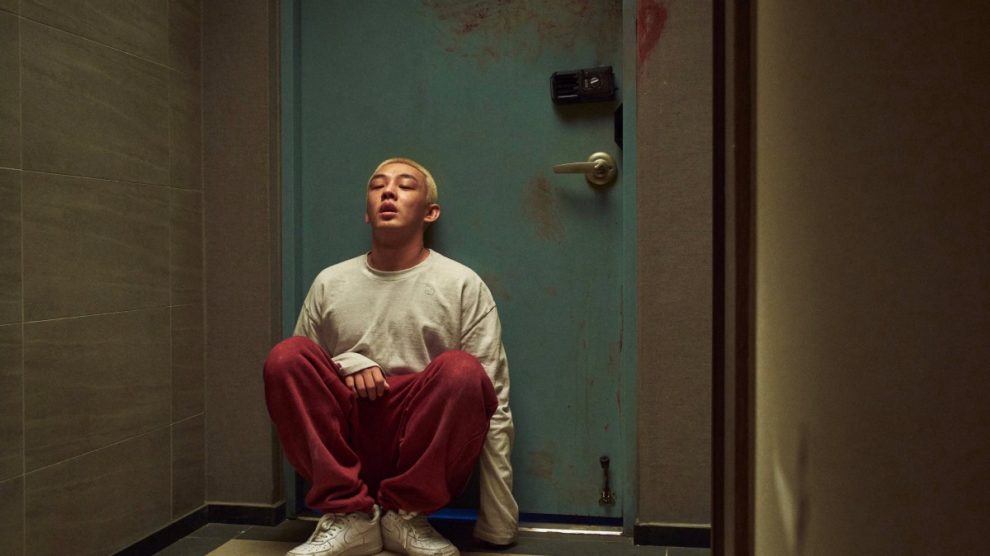
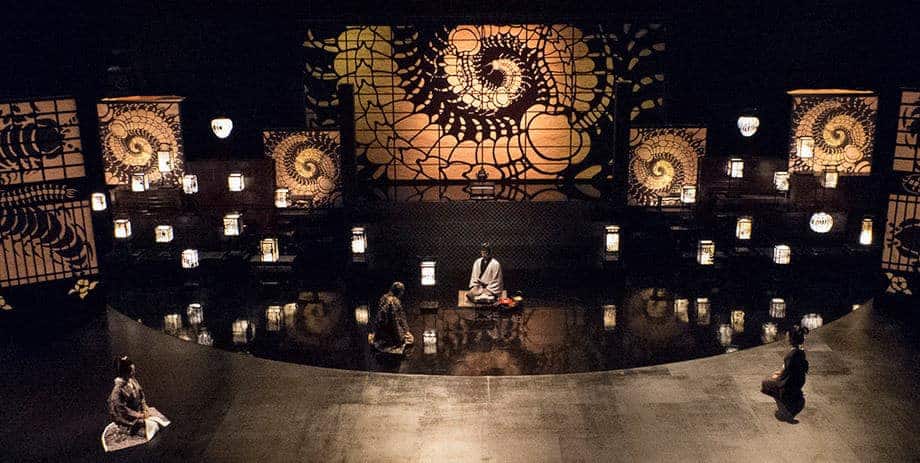
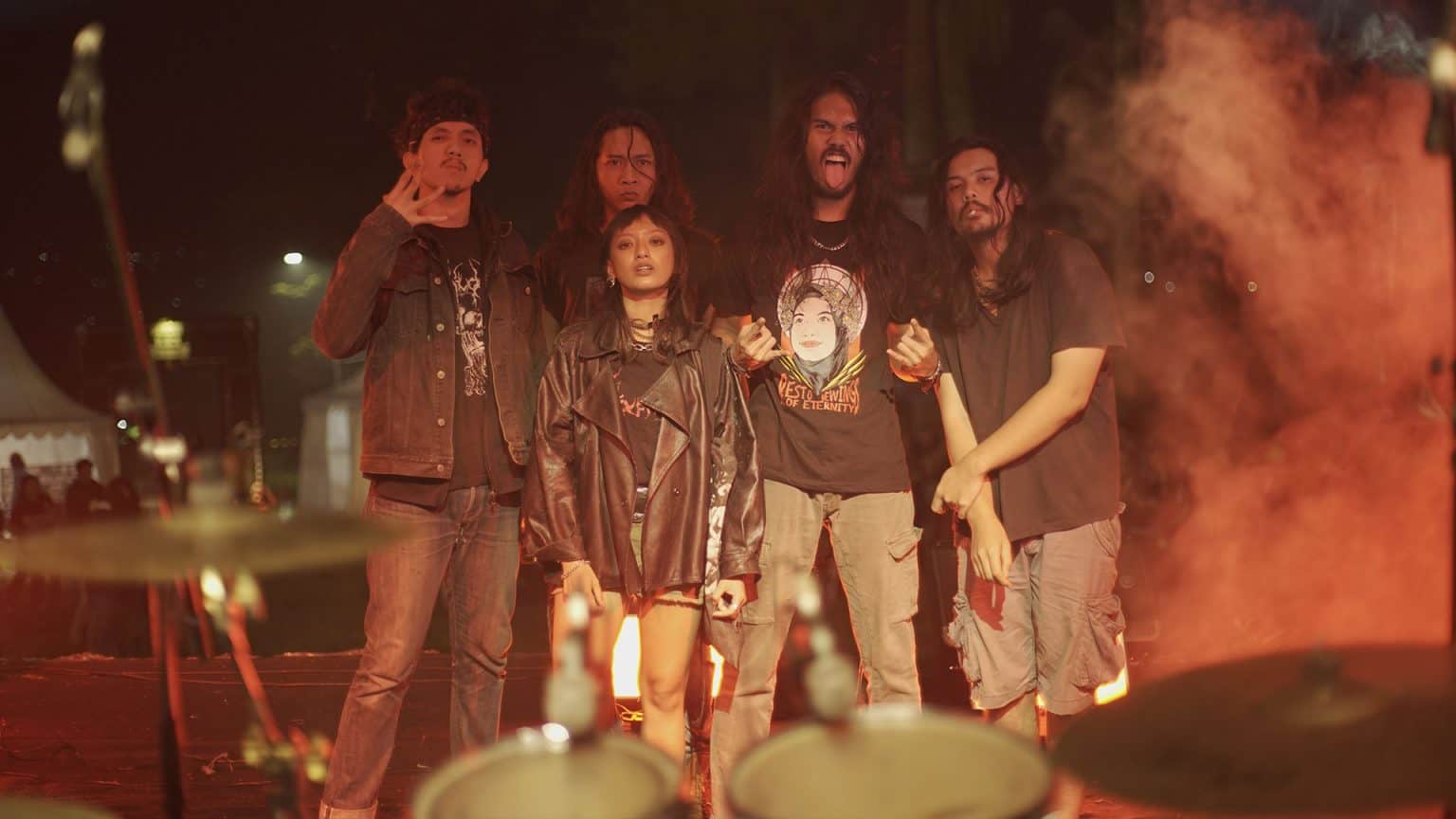

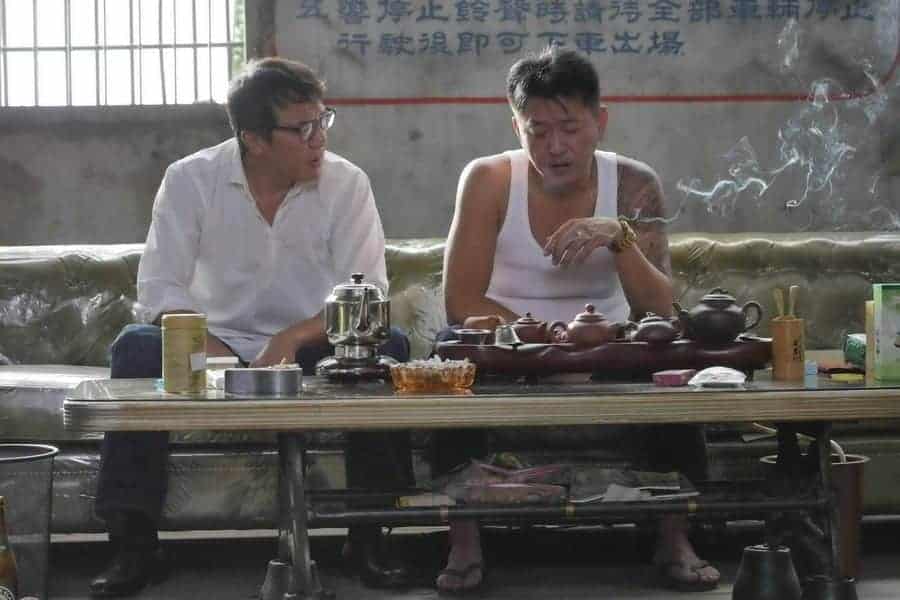

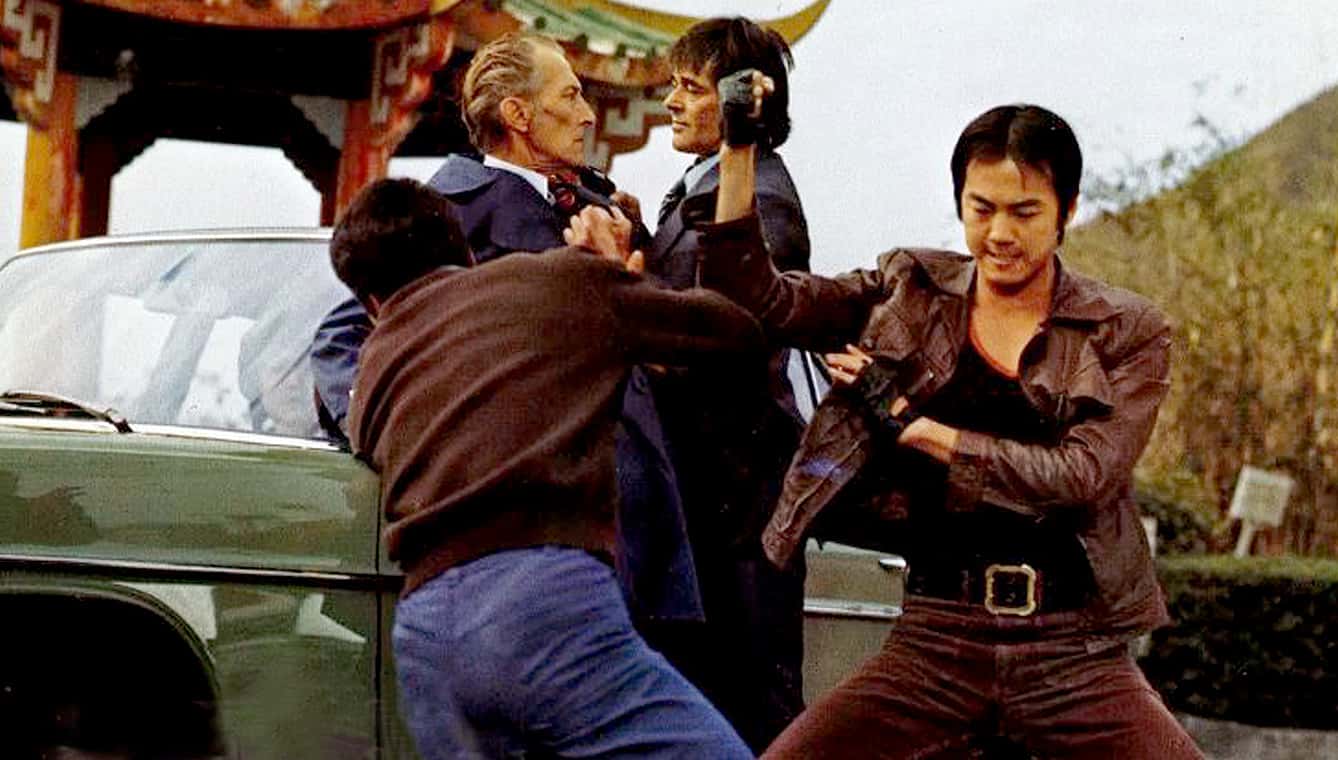







Do you know the name of the song that plays in the beginning and the beginning of credits?
Hi, the song is called “Sail,” and is by the artist Inni.
Just in case you need a link, I have provided one.
https://youtu.be/zBBuVe1tRwk